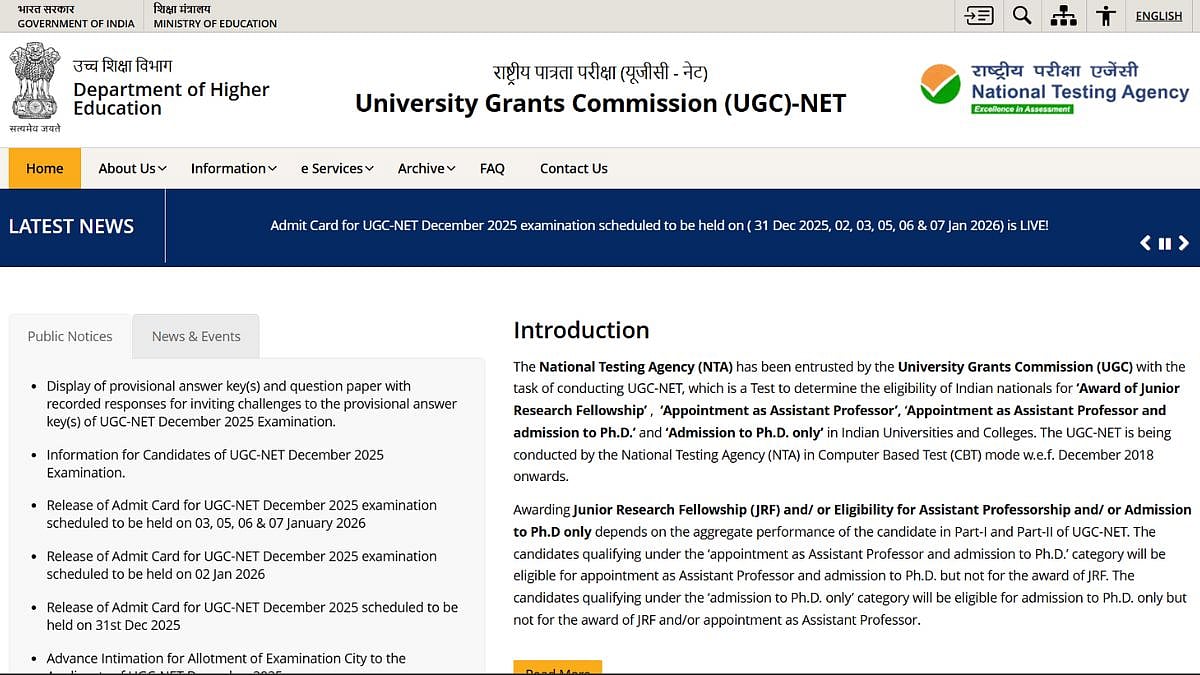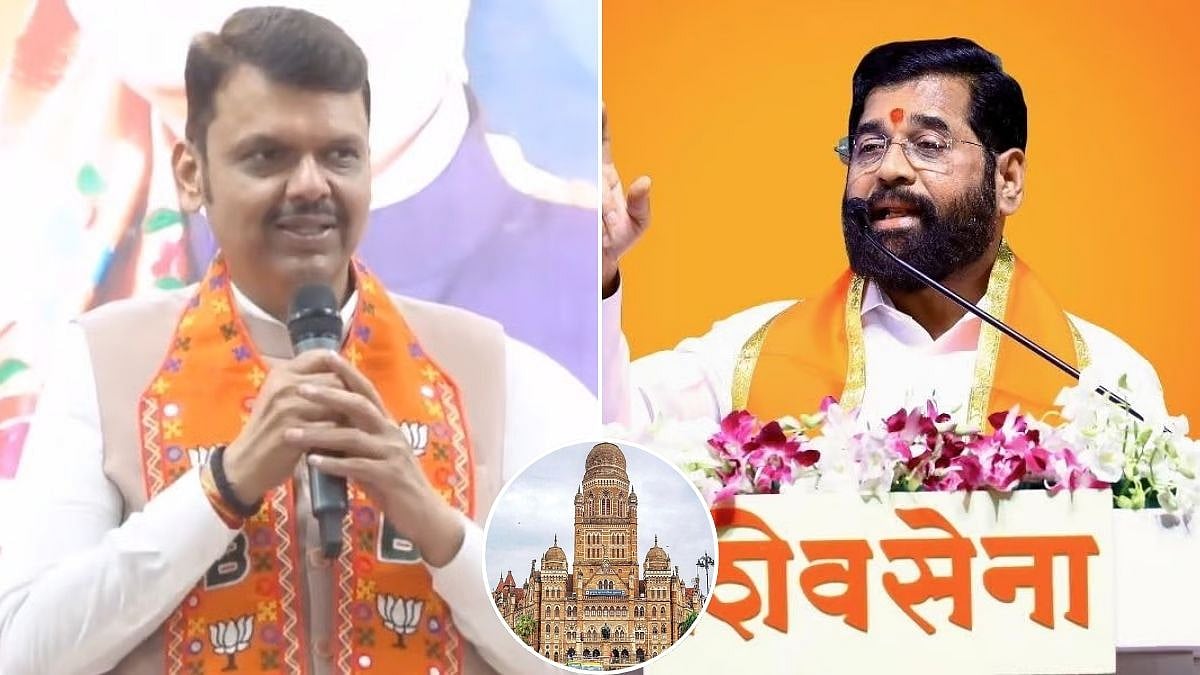Mumbai: The Bahá'í a religious group that has no clergy, but relies on a group of elected members for spiritual and social matters, took its ideas beyond the confines of the community by creating a model of an Indian Parliament with students of SNDT Women's University.
The 'Model Indian Parliament system', created by the students of the university, in collaboration with the Mumbai's Bahá'í community, explored the qualities essential for an ideal Parliamentary system from the Bahá'í viewpoint.
The event on March 13 was coordinated by Chitra Lele, Professor at SNDT Women's University, and judged by Nargis Gaur, Secretary of the local Spiritual Assembly of the Bahá'ís of Mumbai, and journalists.
The Bahá'í speaker underscored the importance of unity, justice, consultation, and cooperation as pillars for a harmonious and effective governance structure.
Students, many of them vernacular speakers, fluently expressed themselves in English, a testament to their dedication and the support provided by the Bahá'í community of Mumbai and Shahnaz Puthran.
The students participated in the programme even though it was exam time, showing their commitment to holistic education and extracurricular engagement.
The Bahá'í follow a monotheistic faith that does not have priests or religious symbols. Members form local units called Spiritual Assemblies which meet for prayers and public service projects. The faith's headquarters is in Haifa, Israel, where an elected nine-member group called the Universal House of Justice looks at administrative and spiritual matters.










